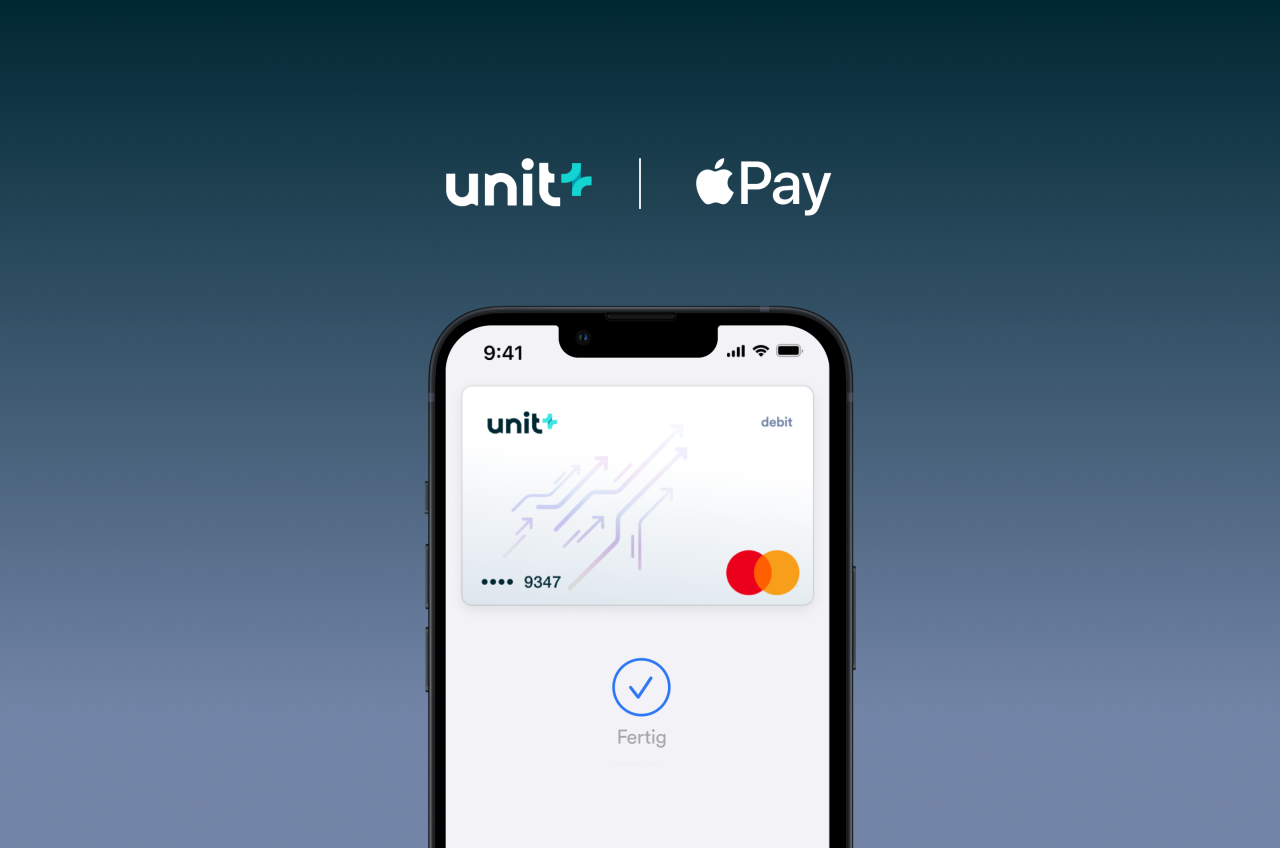Apple to pay $95M to settle lawsuit accusing Siri of eavesdropping—this headline shocked many. The lawsuit alleged Siri secretly recorded and transmitted users’ private conversations without their knowledge or consent. This settlement represents a significant financial blow to Apple, but more importantly, it highlights growing concerns about the privacy implications of voice assistants and the vast amounts of data they collect.
We’ll delve into the details of the allegations, Apple’s response, and the broader implications for user privacy and trust in technology.
The plaintiffs argued that Siri’s always-listening functionality, designed to activate upon hearing the “Hey Siri” command, sometimes activated inadvertently, capturing sensitive conversations. This data, they claimed, was then collected and potentially used by Apple without explicit user consent. The lawsuit detailed instances of this alleged eavesdropping, outlining the potential harms to users’ privacy and security. Apple, in response, chose to settle rather than face a lengthy and potentially costly trial, a decision that speaks volumes about the strength of the plaintiffs’ case and the potential reputational damage a drawn-out legal battle could inflict.
Apple’s $95 Million Siri Eavesdropping Settlement
Apple recently agreed to pay $95 million to settle a class-action lawsuit alleging that its virtual assistant, Siri, was secretly recording and storing users’ private conversations. This settlement marks a significant development in the ongoing debate surrounding data privacy and the ethical implications of voice-activated technology. The case raises important questions about the balance between technological innovation and the protection of individual privacy rights.
The Lawsuit’s Allegations

The lawsuit, filed in 2019, claimed that Siri routinely recorded and transmitted users’ conversations without their explicit consent. Plaintiffs argued that this unauthorized data collection violated various privacy laws and constituted a breach of trust. Specific instances cited in the legal documents included Siri activating and recording conversations even when the “Hey Siri” wake word wasn’t used, and the storage of these recordings on Apple’s servers without sufficient user control or transparency.
The plaintiffs argued that this collection and use of user data, even for purportedly anonymized purposes like improving Siri’s functionality, created significant potential for harm, including identity theft, blackmail, and reputational damage. Examples of potential harm included the unauthorized disclosure of sensitive personal information like medical diagnoses, financial details, or confidential business conversations.
Apple’s Response and Settlement

Apple denied the core allegations of the lawsuit, maintaining that its data collection practices were compliant with relevant laws and industry standards. However, the company opted to settle the case rather than face a lengthy and potentially costly trial. The decision to settle likely reflects a strategic calculation weighing the costs of litigation against the potential reputational damage associated with a protracted legal battle.
The $95 million settlement represents a significant financial commitment for Apple, underscoring the gravity of the allegations and the potential legal risks involved. Compared to other significant privacy-related lawsuits against tech giants, like the Facebook-Cambridge Analytica scandal, this settlement falls within a similar range, highlighting the growing financial stakes involved in data privacy litigation.
So Apple’s forking over $95 million to settle that Siri eavesdropping lawsuit – talk about a hefty price tag for some digital snooping! It makes you wonder what other tech giants are secretly listening in on. Meanwhile, completely unrelated, check out this news: ‘Home Improvement’ star out on bond after arrest in Myrtle Beach. Anyway, back to Apple – that’s a lot of money to pay for peace of mind (or maybe to avoid further legal trouble).
Siri’s Privacy Features and Functionality, Apple to pay M to settle lawsuit accusing Siri of eavesdropping
Apple has implemented several privacy features in Siri to address user concerns. Siri handles user data collection by primarily storing data locally on the device, with some anonymized data being sent to Apple servers for improvement purposes. Users can manage their privacy settings by accessing the Siri & Search settings in their device’s settings menu. They can control features like listening history and allow or disallow Siri from accessing specific data types.
A comparison of Siri’s privacy features to competitors is provided below:
| Virtual Assistant | Data Collection Methods | User Control Options | Transparency in Data Usage |
|---|---|---|---|
| Siri | Local storage, anonymized data sent to Apple servers | Control over listening history, data access permissions | Information available in Apple’s privacy policy |
| Google Assistant | Cloud storage, anonymized data used for improvement | Control over activity history, data sharing settings | Detailed privacy information available online |
| Amazon Alexa | Cloud storage, anonymized data used for improvement | Control over voice recordings, data sharing settings | Privacy information available in Alexa’s settings |
Impact on User Trust and Consumer Behavior
The lawsuit and settlement have the potential to erode user trust in Apple products, particularly concerning data privacy. Consumers may become more hesitant to use virtual assistants, potentially leading to a decline in adoption rates. This case could influence future regulations and policies, prompting governments to enact stricter data privacy laws and increase oversight of technology companies. To mitigate risks, users should take proactive steps to protect their privacy.
- Regularly review and adjust Siri’s privacy settings.
- Be mindful of what you say around your device.
- Consider using alternative virtual assistants with stronger privacy features.
- Stay informed about data privacy laws and regulations.
Legal and Ethical Implications

This case establishes a legal precedent regarding the responsibility of technology companies in protecting user data collected by voice-activated assistants. It raises ethical questions about the balance between technological innovation and respect for individual privacy. Different jurisdictions have varying legal frameworks governing data privacy, leading to complexities in international data handling. For example, the European Union’s General Data Protection Regulation (GDPR) offers stronger consumer protections compared to some other regions.
A hypothetical scenario illustrating the potential consequences of unchecked data collection could involve a virtual assistant unknowingly recording and transmitting sensitive medical information, leading to insurance discrimination or identity theft.
Summary: Apple To Pay M To Settle Lawsuit Accusing Siri Of Eavesdropping
The $95 million settlement in the Siri eavesdropping lawsuit marks a significant turning point in the ongoing debate about data privacy and the ethical implications of voice assistant technology. While Apple avoids a trial, the settlement serves as a stark reminder to tech companies about the importance of transparency and robust user privacy protections. This case underscores the need for clearer guidelines and regulations regarding data collection and usage by virtual assistants, impacting not only consumer behavior but also the future development and deployment of similar technologies.
The long-term impact on user trust in Apple and the broader tech industry remains to be seen, but this case has undeniably raised the stakes for protecting user privacy in the digital age.
Essential FAQs
What specific data did Siri allegedly collect?
The lawsuit alleged Siri collected various types of data, including private conversations, personal information, and potentially location data, depending on the context of the accidental activation.
Apple’s $95 million settlement over Siri’s alleged eavesdropping is a big deal, highlighting privacy concerns in the tech world. It’s a stark contrast to the long, storied rivalry between two completely different institutions, as seen in this article about Penn State vs. Notre Dame: Storied schools’ history ahead of 2025 , showcasing a different kind of competition. The Siri case reminds us that even seemingly benign technology can have unexpected consequences.
How can I protect my privacy when using Siri?
Review and adjust your Siri privacy settings in your iPhone’s settings. Be mindful of what you say around your device, and consider disabling Siri’s always-listening feature if you have privacy concerns.
What other companies faced similar lawsuits?
Several other tech companies, including Google and Amazon, have faced lawsuits related to data privacy and the collection of user data by their respective virtual assistants.
Will this settlement change how Siri functions?
So Apple’s forking over $95 million to settle that Siri eavesdropping lawsuit – a hefty price for potentially listening in. Meanwhile, completely unrelated but awesome news, check out how Rickelton and Verreynne smashed it on the cricket field with a Rickelton double-century, Verreynne fifty propel SA to 429 by – talk about a different kind of listening party! Anyway, back to Apple; that’s a lot of money to avoid admitting guilt, right?
While the settlement doesn’t directly detail specific functional changes to Siri, it’s likely to prompt Apple to re-evaluate and potentially enhance its privacy features and data handling practices.
